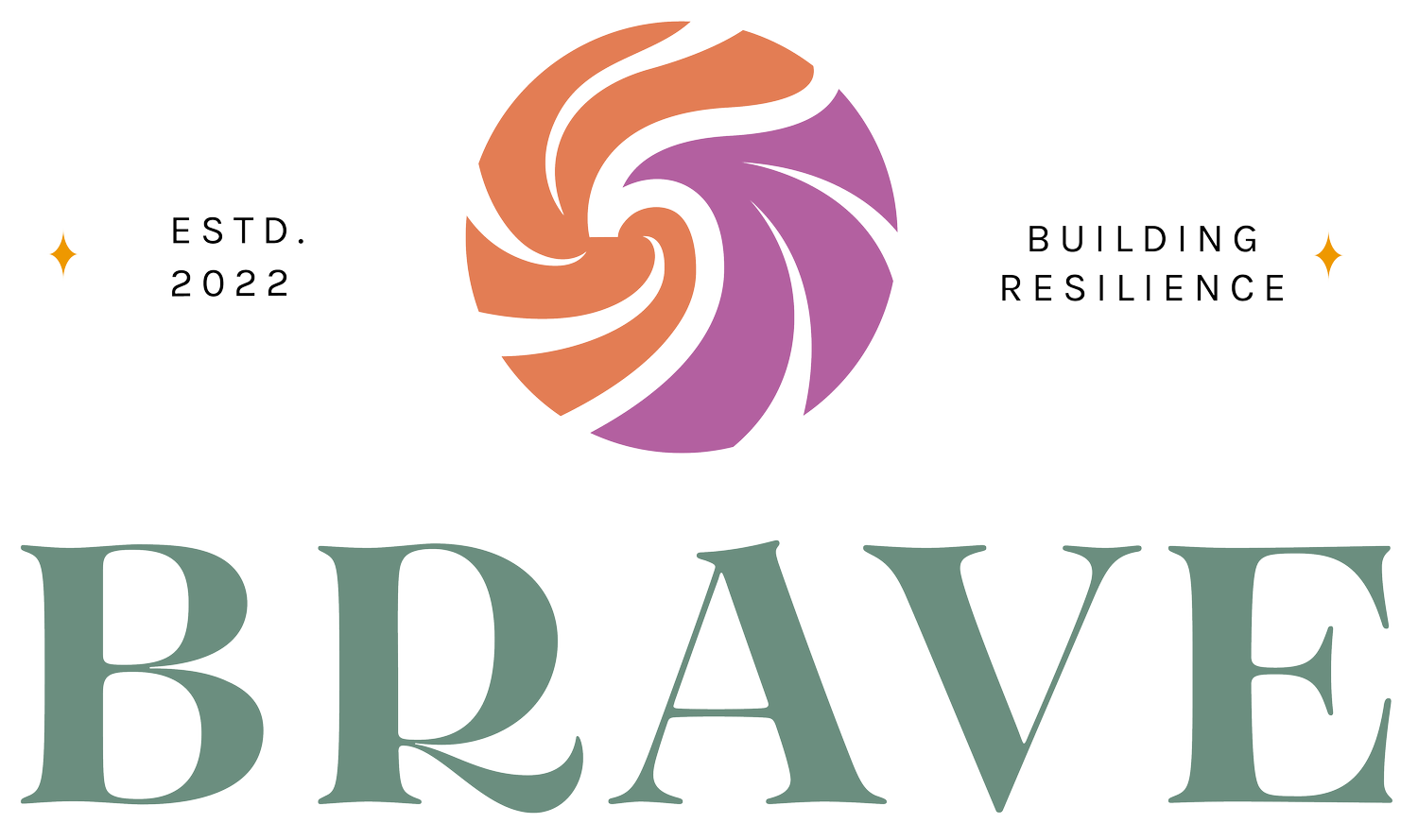Why Therapist Spaces Often Feel Unsafe — And What We Actually Need Instead
Not every space that’s for therapists is safe for therapists.
Some are overly clinical. Others feel performative, or quietly (or not so quietly) competitive. And some just have that subtle hum of "you're not good enough," no matter how grounded you try to show up.
We don’t always talk about it, but a lot of us have walked into professional rooms and left feeling lonelier than before. And when that happens enough times, it gets harder to show up again.
But recently, something different happened to me.
And it reminded me what’s possible when we create spaces where therapists don’t have to perform, prove, or posture.
Where we get to be professionals and humans.
Where we don’t have to earn belonging by showing how much we can hold.
The Invisible Pressure in Therapist Spaces
As trauma therapists, we know how to hold. We’re trained to regulate, attune, respond, track. We learn to stay steady when someone else is falling apart.
But that training can come at a cost.
Too often, the spaces that are supposed to be for us end up being just another place we feel like we have to perform wellness. We know what it looks like to be a “good therapist,” so we contort ourselves to match it.
What we’re not always allowed to bring? The grief. The self-doubt. The fact that we might be holding onto our own trauma with white knuckles while nodding calmly through a consultation.
In some rooms, especially peer groups or trainings, there can be an unspoken hierarchy:
Who’s the most regulated? Who has the most certifications? Who’s the calmest in their nervous system? Who’s the most ethical?
It’s exhausting. And it’s not our fault that it happens. But it is something we need to name.
Why We’re So Vulnerable To This
This isn’t just about a few bad trainings or groups.
It goes deeper.
Many of us got into this field because of our own trauma histories. We already scan for danger. We’re attuned to power dynamics. We know what it feels like to be the most vulnerable person in the room.
So when a space that should feel safe doesn’t? Our systems remember.
And a lot of us never got modeled what safe, boundaried, mutual vulnerability can actually look like. We were taught to serve, to support, to give. But rarely to receive.
That’s why it can feel so risky to show up as fully human in professional spaces. Especially when we’ve done it before and been dismissed, ignored, or hurt.
So we armor up. We stay silent. We nod along, even when something doesn’t land.
And underneath it all, we start to believe maybe we are too much.
What Happened In That Room
I didn’t know what to expect when I arrived at my second Brainspotting intensive this summer.
Yes, I was familiar with the format. Yes, I knew I’d be in a room full of trauma therapists who had all chosen to be there.
But still, I was nervous.
Because being in a room with other therapists where you’re supposed to be the one feeling, not facilitating? That brings up all kinds of nervous system static.
And yet… something shifted.
There was a moment early on that grounded me: Pie Frey, the facilitator, is someone who knew me long before I became a psychologist. When I was still in college, dreaming of grad school, I cleaned her house. I was fascinated by her work, and she wrapped me in with warmth and curiosity. We lost touch for years and reconnected in 2022.
Now, here I was, sitting in a training she was leading, as a trauma psychologist, a mom, the founder of BRAVE.
That moment of being witnessed by someone who saw me before — before the degrees, the titles, the roles — it was everything.
It reminded me: oh. I’m here. I made it.
But what happened next was just as powerful.
The room started to soften. Slowly. Carefully.
People laughed. People cried. Some were guarded at first, and that made sense. But no one was trying to fix anyone else. We were just with each other. Nervous systems, side by side, figuring out if it was safe enough to exhale.
That space wasn’t perfect. But it was real.
And it didn’t require anyone to collapse or perform in order to belong.
What We Actually Need Instead
So many therapists are burned out on the concept of community. And I get it. Community has become a buzzword in professional spaces that still center performance.
But what we actually need?
We need spaces that prioritize:
Transparency over performance
Humanity over hierarchy
Permission over perfection
We need rooms where it’s okay to not know, to be messy, to have nothing profound to say.
We need communities that feel like a nervous system exhale, not another place to brace ourselves.
If You’ve Been Burned, You’re Not Wrong
This part matters: If therapist spaces have felt unsafe to you in the past, that’s not a sign you did something wrong.
It’s a sign your body knows the difference between real support and professional performance.
You’re allowed to wait. To be discerning. To try again only when it feels right.
But I want you to know that spaces do exist where you don’t have to leave parts of yourself at the door. Where other therapists will hold your story, your silence, your presence, with care.
That’s what this Brainspotting intensive gave me.
And that’s what we’re building inside BRAVE.
Not a space for proving yourself.
A space for being yourself.
And when we find that?
It changes everything.






